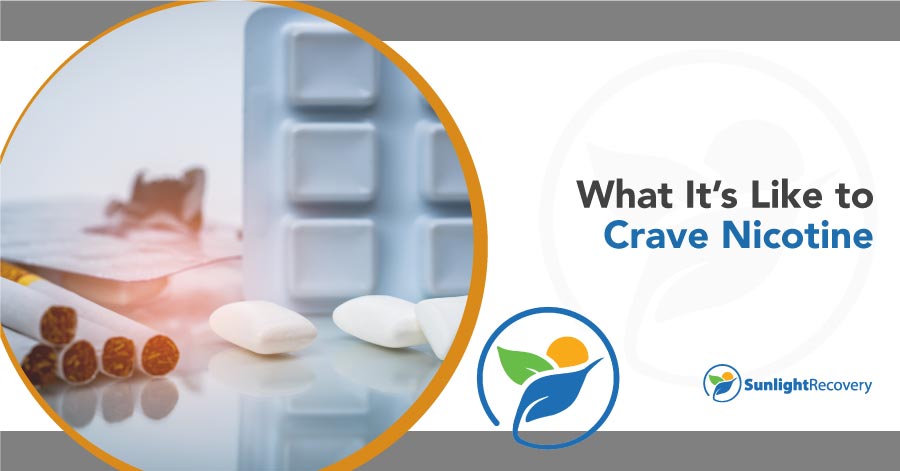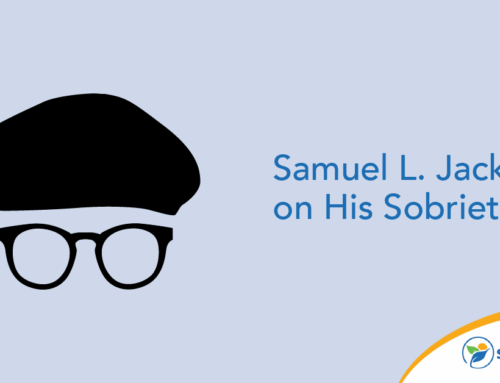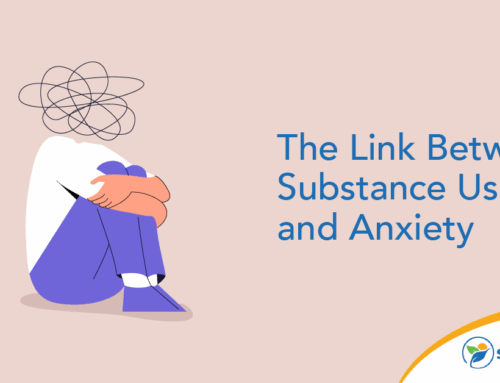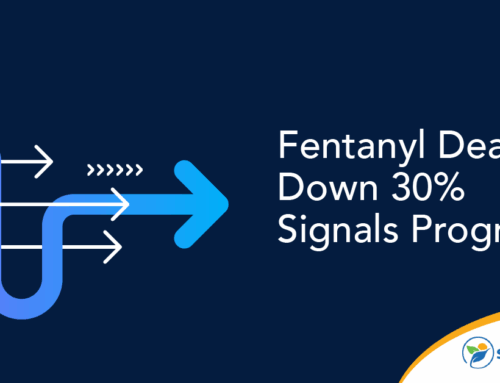It can be difficult for a nonuser to understand what the pull toward substance use is. What does that drive feel like, and what makes ending addiction so tricky?
For smokers, nicotine provides a temporary escape from problems, loneliness or boredom. It’s a way to take a break, have time to yourself and relax. Nicotine is also a stimulant, so it can boost a person’s energy when they feel sluggish.
The problem is that nicotine is also highly addictive. Smokers build up a tolerance to nicotine, so they need to smoke more to get the same effect. This can lead to smoking even when you don’t want to or smoking because it feels like there’s nothing else to do.
In this article, we’ll explore what makes nicotine addictive and what treatment options are available for overcoming nicotine addiction.
Why Do People Crave Nicotine?
Nicotine works by affecting the brain’s pleasure center, releasing chemicals that make people feel good. This feeling is short-lived, however. People quickly develop a tolerance to nicotine’s effects. As a result, they need increasingly larger doses of nicotine to get the same feeling. This leads to dependence and addiction.
People begin to smoke for many reasons. Some start because they’re curious or under peer pressure. At first, you may not feel like you’ve developed a dependency on the drug, and you think you can stop anytime. But as you continue to smoke, cravings become more frequent. Without realizing it, you now have a full-time habit.
How Nicotine Creates a Dependency
Nicotine addiction is a physical and psychological dependence. When you smoke, nicotine enters your bloodstream and travels to your brain. There, it binds to receptors and increases levels of the chemical dopamine, which makes you feel pleasure.
Over time, your brain gets accustomed to nicotine and starts to crave it. You then experience withdrawal symptoms, which can make it hard to quit.
Withdrawal symptoms usually start a few hours after your last cigarette. You may also have trouble sleeping, which can make other symptoms feel worse. It’s likely that the initial cravings for nicotine will feel overwhelming. These symptoms can last for a few days to a few weeks.
How Withdrawal Feels
Withdrawal symptoms are different for everyone. Some people have mild symptoms, while others have severe ones. The severity of your symptoms depends on how much you smoked and for how long. Common symptoms include:
- Anxiety
- Irritability
- Depression
- Concentration problems
- Headaches
- Intense cravings
When trying to quit, it’s important to remember that withdrawal symptoms are only temporary.
Finding ways to cope with withdrawal is essential in the recovery process. Many people find that exercise, relaxation techniques and support groups help them through the first difficult weeks.
Why Do People Start Smoking Again After Getting Clean?
Relapse is common among people who try to quit smoking. In fact, it’s estimated that over half of smokers will relapse within the first year of quitting. However, the chance of relapse decreases over time. Only around 10% of smokers will relapse after 30 years of abstinence.
There are varied reasons why people start smoking again after quitting. For some, it’s because they’re experiencing high levels of stress. Others may start smoking again because they’re around other smokers.
Some people start smoking again because they’re bored or have nothing else to do. Finding other activities to fill your time and help you to relax is important. Exercise, hobbies and spending time with friends and family can all help you avoid smoking.
If you do relapse, don’t be too hard on yourself. Get back on track and try again. Quitting smoking is a difficult process, but it’s not impossible. With the proper support and motivation, you can stop for good.
What People Say About Nicotine Craving
The internet is a valuable resource for people trying to quit drugs of any kind. Many people share their experiences of nicotine withdrawal on online forums such as Reddit, which can help prepare people for what they may experience.
One user said: “You quit, and after a few hours your chest gets tight and breathing becomes a bit of an effort. Your ears start buzzing or ringing. You. Can. Feel. The. Blood. Pound. Ing. In Your. Tem. Ples. Your vision narrows and you have to work hard not to curse at whoever is around you.”
Another user spoke about how the symptoms of withdrawal can be overwhelming, using video games as a metaphor:
“Eventually, it gets too much. You can not physically do anything without thinking about this game. You’re shouting at anyone or anything that remotely pisses you off. You’re about ready to rip your hair out in frustration at not being able to play this game.
“Then, it all becomes too much. You open the box, pop the disc in, click the button. And breath[e]. You start the game, and it’s all looking pretty good. You’re enjoying yourself, you feel yourself start to calm down.”
When asked about the difficulty of quitting smoking, one user claimed it was harder than other drugs:
“Tobacco is one of the harder substances to quit. Nicotine withdrawals are brutal and the physical dependence it creates is incredibly strong. Weed is generally much easier as THC is much less addictive (many say it’s not at all) but in my experience there’s generally more of a mental dependence that comes with weed.”
How Medical Detox and Inpatient Treatment Can Lessen the Struggles of Nicotine Craving
If you’re struggling with nicotine withdrawal, treatment options are available at Sunlight Recovery. Medical detox is one option that can make the process of quitting smoking more bearable. Inpatient treatment programs can also be helpful for people who are trying to quit. If you’re struggling with nicotine cravings, don’t hesitate to reach out for help by calling Sunlight Recovery at (888) 402-3647.







